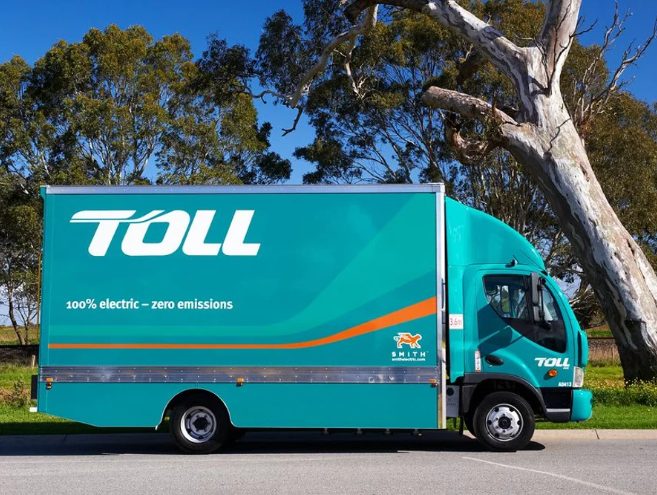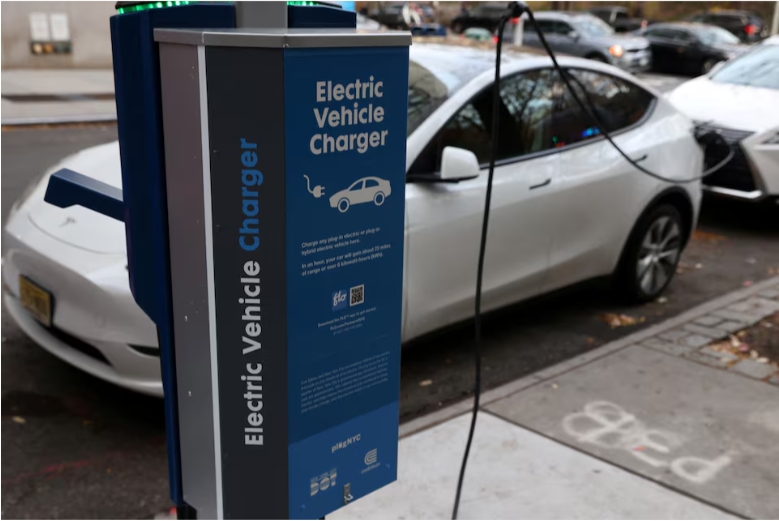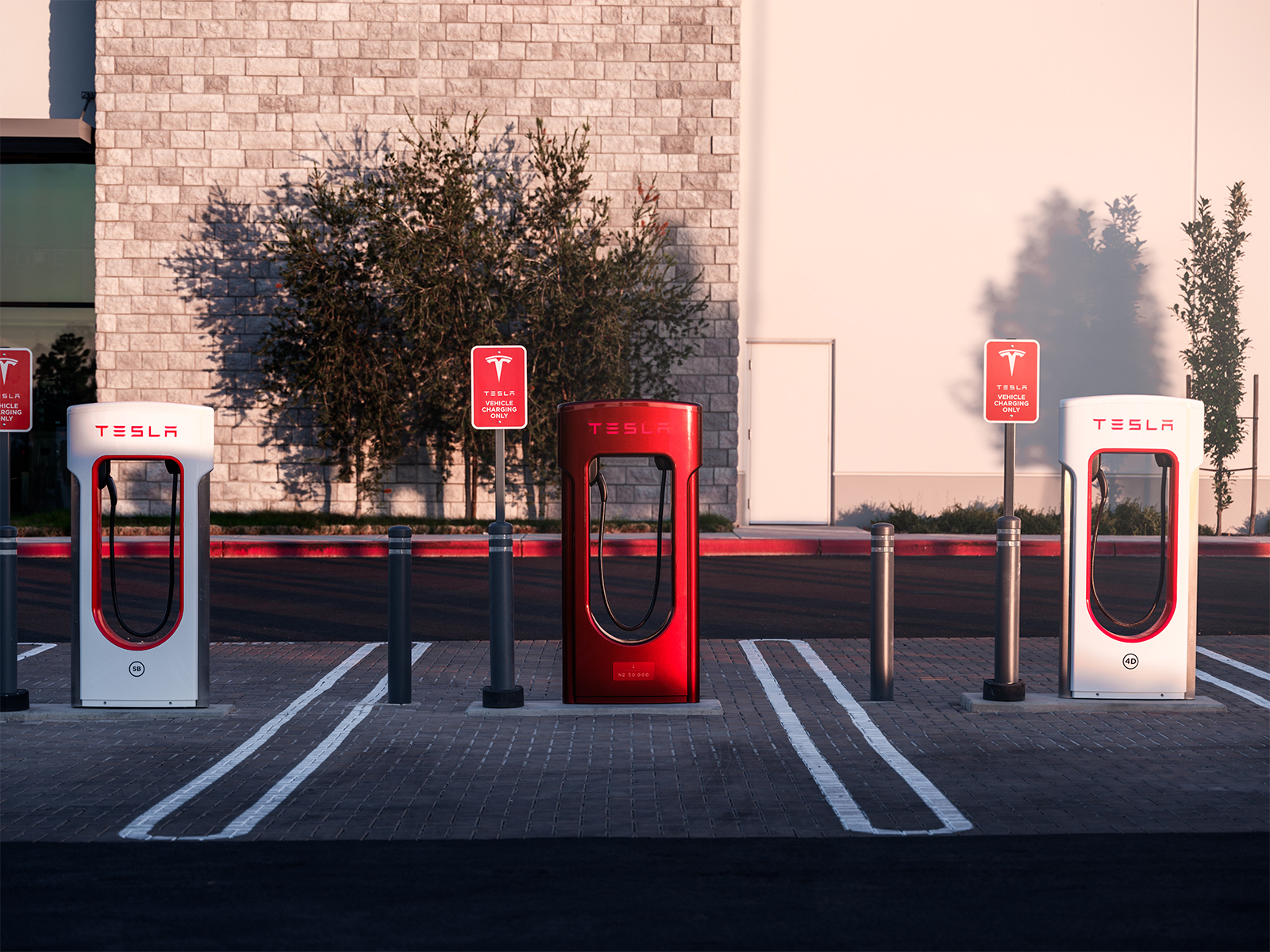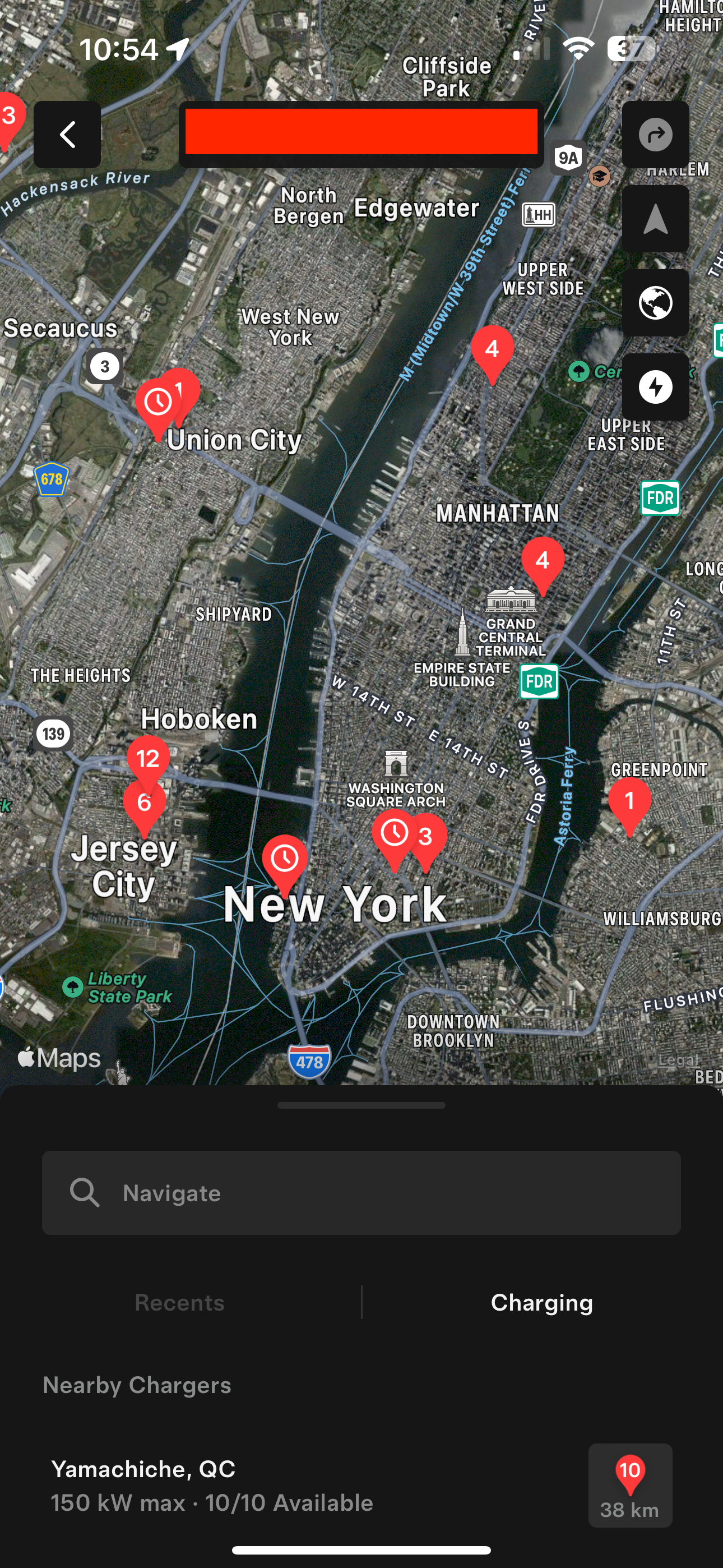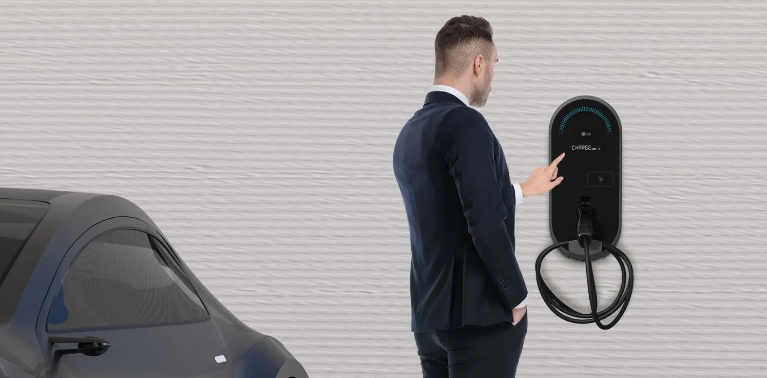If France will reach its goal to fully decarbonize its energy system and economy by 2050, solar may reach, then, an installed PV capacity comprised of between 70 GW and 208 GW, according to a new report from French grid operator Réseau de Transport d'Électricité (RTE).
 France reached an installed PV capacity of 11.5 GW at the end of March. Image: 553190/Pixabay
France reached an installed PV capacity of 11.5 GW at the end of March. Image: 553190/Pixabay
The document includes the results of a consultation that RTE launched in January for which it received 4,000 responses from institutions, groups and individuals. Six scenarios allowing for the achievement of carbon neutrality by 2050 were outlined and, for each of them, the RTE analysts considered an expected decrease in energy consumption and an increase in the share of electricity and the use of renewable energy. Furthermore, they took into account data on electricity consumption, the future of nuclear power, and the role of hydrogen, among other factors.
Three of the scenarios describe the country's energy system as relying on 100% renewable energy with nuclear power being fully decommissioned by 2050 or, at the latest, by 2060. Another three scenarios, by contrast, see nuclear energy as still playing a crucial role in the energy mix, with different levels of investment in new nuclear capacity.
In all six scenarios, solar will see its share being multiplied by a factor of between seven and 21 and its cumulative installed photovoltaic capacity will reach between 70 GW and 208 GW by 2050.
According to recent figures from the French Ministry of Ecological Transition, the country's cumulative installed solar power had reached 11.5 GW. The total is still quite far from the 2030 target of 20 GW, under the national energy strategy.

